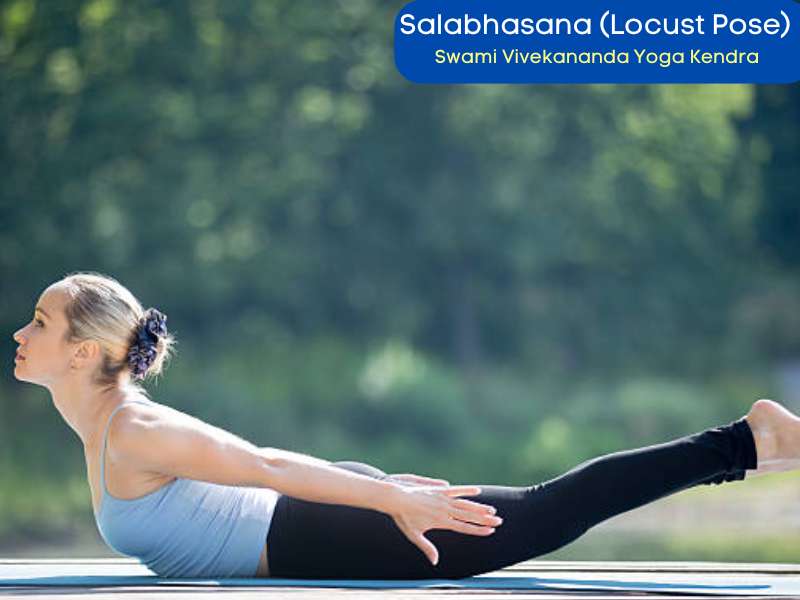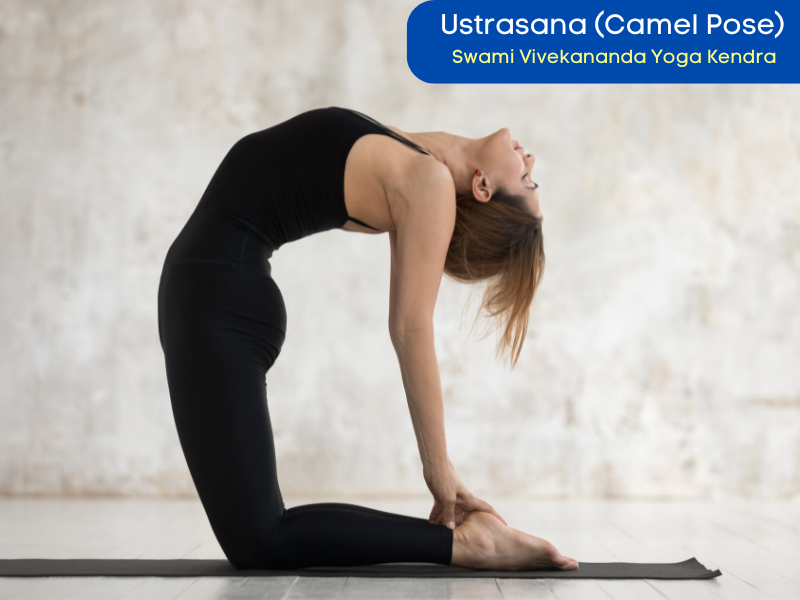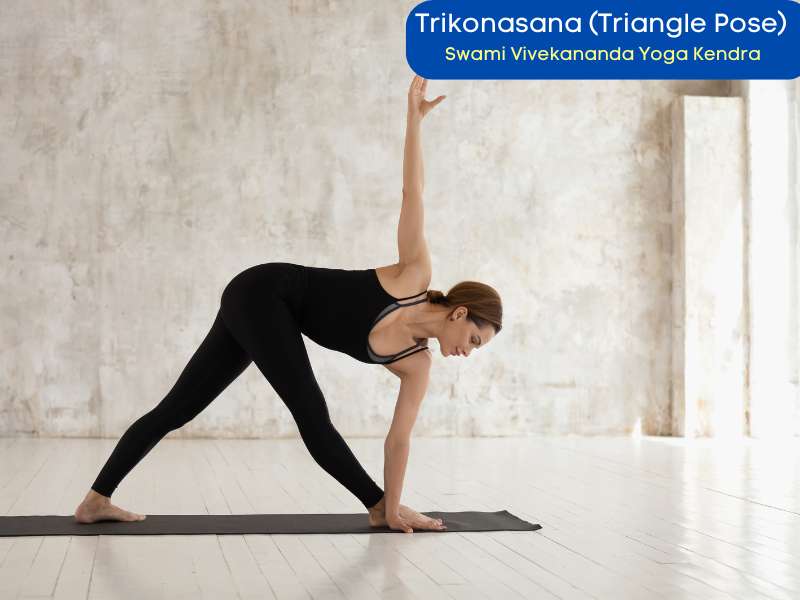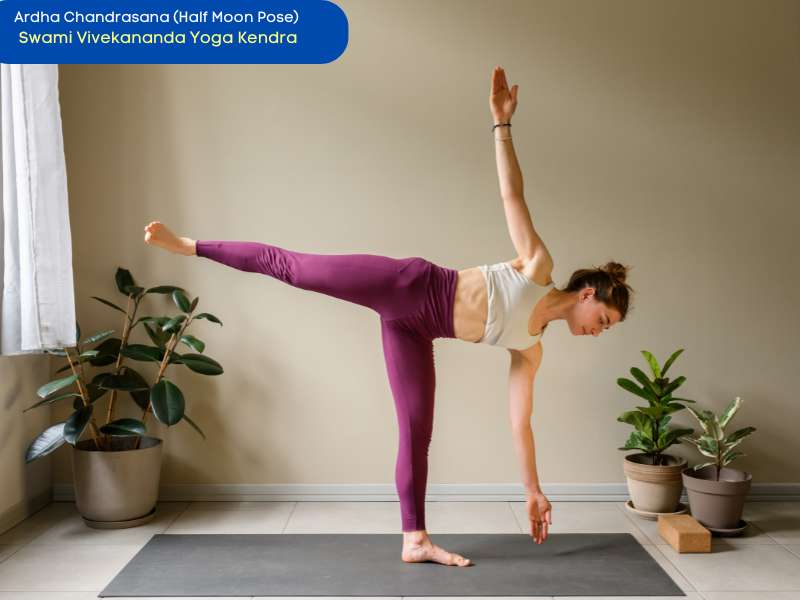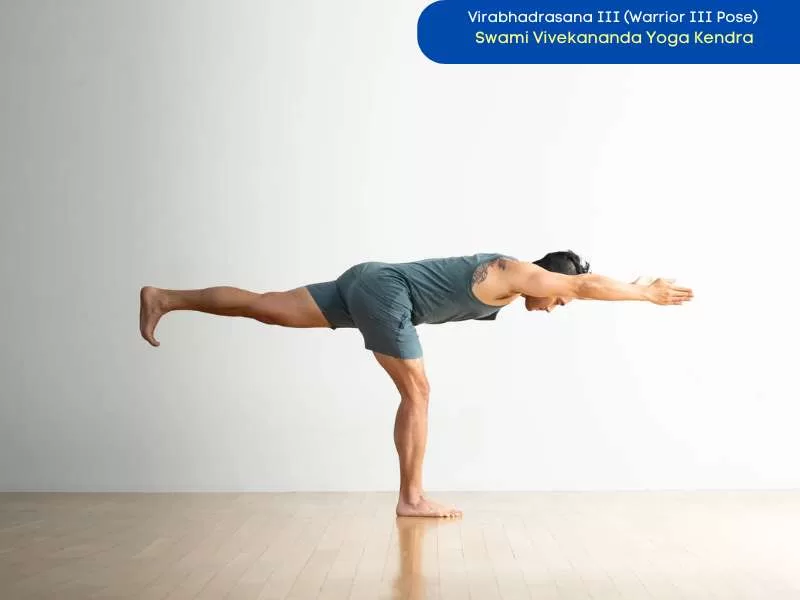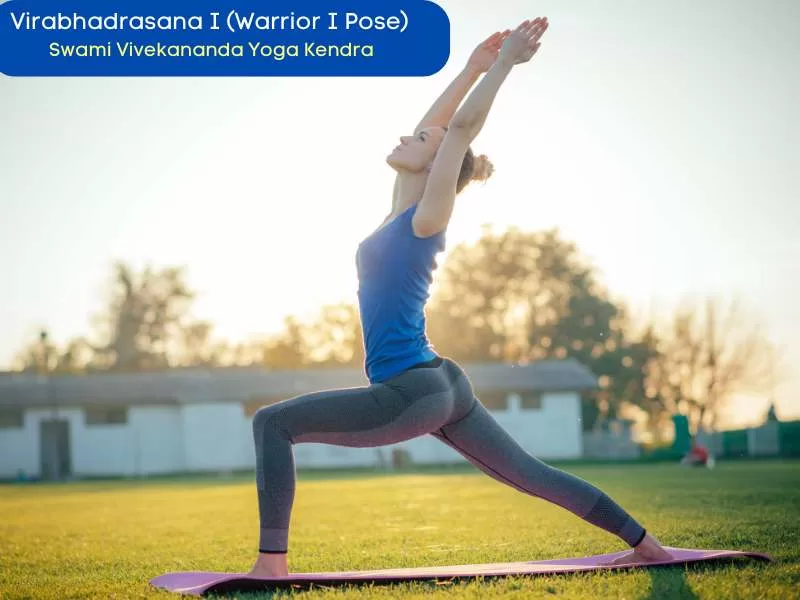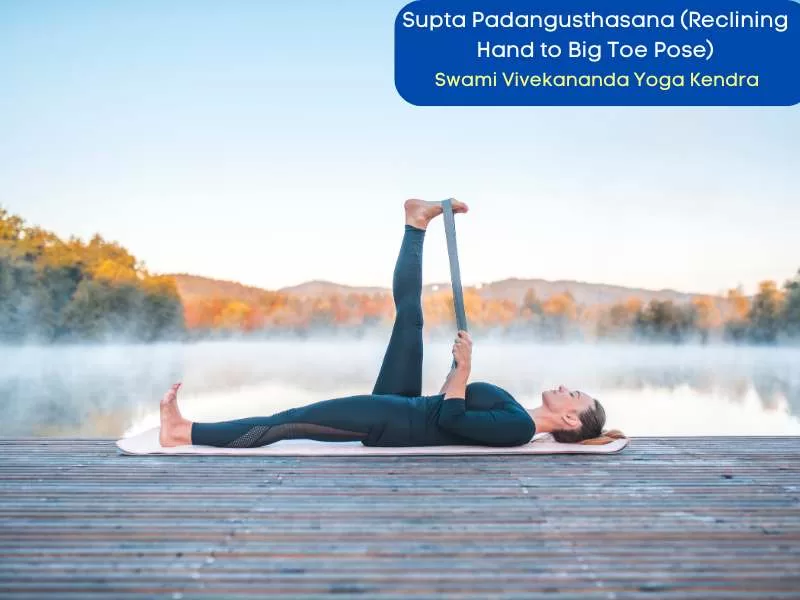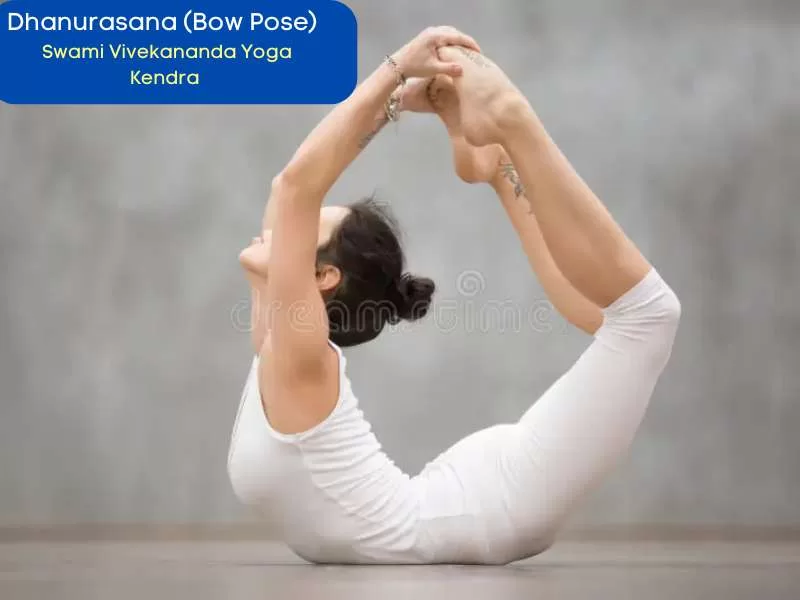Welcome to Swami Vivekananda Yoga Kendra! Today, let’s explore Shalabhasana, also known as Locust Pose. This energizing backbend is a wonderful way to boost flexibility, strengthen your back, and refresh your whole body. Shalabhasana is a great choice for both beginners and experienced yogis alike, offering many health benefits when practiced regularly. Together, we’ll go through how to do this pose, the key benefits it brings, and how it can become a valuable part of your yoga routine.
Ustrasana (Camel Pose) : At Swami Vivekananda Yoga Kendra, we’re passionate about sharing yoga practices that bring balance, strength, and flexibility into everyday life. One pose we think everyone should try is Ustrasana, or the Camel Pose. This powerful pose helps open the chest, stretch the front of the body, and bring a sense of openness and calm. The best part? It’s suitable for all experience levels!In this post, we’ll guide you through how to safely practice Ustrasana, go over its amazing benefits, and show you simple ways to add it to your regular yoga routine.
At Swami Vivekananda Yoga Kendra, we believe that yoga is more than just exercise—it’s a pathway to a healthier, more balanced life. One of the most accessible yet powerful poses in yoga is Trikonasana, or the Triangle Pose. This pose not only helps you stretch and strengthen your body but also brings a sense of calm and balance to your mind.Whether you’re new to yoga or have been practicing for years, Trikonasana is a great way to improve flexibility, strengthen your core, and enhance your overall well-being. In this post, we’ll guide you through the steps of this classic pose, explore its many benefits, and show you how to make it part of your daily routine.So, roll out your yoga mat, take a deep breath, and let’s dive into the wonderful world of Trikonasana!
At Swami Vivekananda Yoga Kendra, we believe that yoga is more than just a workout—it’s a way to connect with your body, mind, and inner self. One pose that beautifully captures this connection is Ardha Chandrasana, or the Half Moon Pose. This pose is all about balance, strength, and focus. Whether you’re new to yoga or an experienced practitioner, Ardha Chandrasana helps you find stability while challenging both your body and mind.
At Swami Vivekananda Yoga Kendra, we believe that yoga is a journey of building strength, balance, and inner calm. One of the most powerful poses that can help you achieve all three is Virabhadrasana III, or Warrior III Pose. This challenging, yet rewarding posture requires focus and stability as you balance on one leg, making it perfect for improving both your physical and mental endurance. Whether you’re looking to tone your body, improve your posture, or sharpen your concentration, Warrior III has something to offer for everyone. Let’s explore how this pose can transform your practice!
At Swami Vivekananda Yoga Kendra, we believe yoga is not just about stretching and poses—it’s a journey towards inner strength, mindfulness, and balance. One pose that perfectly embodies these principles is Virabhadrasana II, or Warrior II Pose. Whether you’re looking to build physical strength, improve your focus, or just find a sense of calm, Warrior II can be a powerful addition to your practice. In this blog, we’ll guide you through the steps of this empowering posture, explore its benefits, and help you integrate it into your yoga routine. Let’s get started!
Welcome to Swami Vivekananda Yoga Kendra’s blog! Today, we’re highlighting Virabhadrasana I, or Warrior I Pose. This powerful yoga pose, named after the legendary warrior Virabhadra, is designed to strengthen both the body and mind. Warrior I helps you build strength, stability, and flexibility while encouraging focus and a sense of calm. Whether you’re just starting out with yoga or have been practicing for years, this pose offers a range of benefits to boost your practice. Let’s explore how to do it and the amazing benefits it can bring!
Welcome to Swami Vivekananda Yoga Kendra’s blog! Today, we’re diving into the wonderful practice of Supta Padangusthasana, also known as the Reclining Hand to Big Toe Pose. This pose is perfect for giving your hamstrings a good stretch, strengthening your legs, and boosting your flexibility and balance. Whether you’re new to yoga or have been practicing for years, Supta Padangusthasana offers plenty of benefits that enhance both your body and mind. Let’s break down how to perform this pose and discover the amazing advantages it can bring to your practice!
Setu Bandhasana (Bridge Pose): A Gentle Path to Strength and Flexibility
Welcome to Swami Vivekananda Yoga Kendra’s blog! Today, we’re talking about Setu Bandhasana, or Bridge Pose, a simple yet powerful yoga posture that can bring balance, strength, and relaxation to your practice. Whether you’re new to yoga or have been practicing for a while, this pose is a great way to open up your chest, strengthen your back, and improve flexibility. Plus, it’s perfect for relieving stress after a long day. Let’s dive in and learn how Setu Bandhasana can benefit your body and mind!
Dhanurasana (Bow Pose) : Welcome to the Swami Vivekananda Yoga Kendra blog! Today, we’re excited to dive into Dhanurasana, or Bow Pose. This amazing pose gets its name because your body forms a bow shape, ready to shoot an arrow, when you do it. Dhanurasana is a fantastic backbend that works wonders for your entire body, enhancing flexibility, energy, and balance. Whether you’re just starting with yoga or have been practicing for a while, this pose offers great benefits for both your body and mind. Let’s take a closer look at how to do Dhanurasana and discover all the wonderful ways it can boost your yoga practice.

